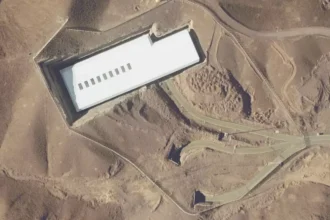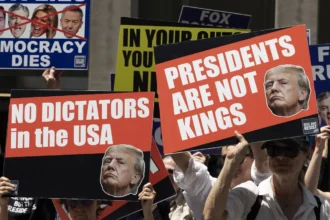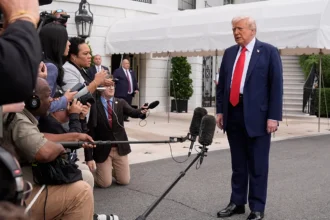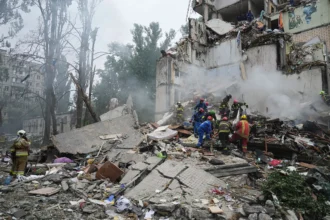If Donald Trump were to return to office and directly involve the United States in a new war in the Middle East, the consequences could be far-reaching both domestically and internationally. The outcomes would depend on the scale, targets, and duration of U.S. military engagement. Below is an overview of what could happen:
1. Military and Economic Strain
Involvement in another large-scale Middle East conflict would likely lead to increased defense spending, deployment of U.S. troops overseas, and potential strain on military resources. This could:
- Reignite debates over the use of force abroad.
- Trigger budget reallocations, possibly at the expense of domestic programs.
- Cause spikes in oil prices, affecting global inflation and U.S. fuel costs.
2. Energy Markets and Oil Prices
The Middle East is a key region for global oil supply. If U.S. military actions disrupt major producers like Iran or affect shipping lanes such as the Strait of Hormuz, oil prices could surge. This would:
- Drive inflation in the U.S.
- Increase the cost of transportation, food, and goods.
- Impact consumer spending and economic growth.
3. Terrorist Blowback and Homeland Security
History has shown that foreign interventions can increase anti-American sentiment, leading to:
- A rise in terrorist threats or retaliatory attacks against U.S. assets and citizens.
- Heightened domestic security alerts and surveillance.
- Increased pressure on intelligence agencies and law enforcement.
4. Geopolitical Tensions
U.S. involvement in a Middle East war under Trump could create deep rifts with global powers like:
- Russia and China, who may back opposing sides or call for international condemnation.
- European allies, especially if the intervention is unilateral or lacks NATO support.
- Arab nations, which may be divided in their reactions based on the conflict’s specifics.
5. Domestic Polarization and Protests
Military action in the Middle East could deeply divide the American public, especially if there are:
- Civilian casualties overseas.
- American troop losses.
- Questions about the war’s purpose or legality.
Public protests, political unrest, and Congressional opposition could follow, reigniting a war debate similar to those seen in the Iraq and Afghanistan eras.
6. Potential Regional Collapse
If the war leads to the fall of a government (e.g., Iran) or intensifies a broader conflict (e.g., Iran-Israel), it could destabilize the region and flood neighboring countries with refugees, further burdening international aid systems and possibly drawing the U.S. into long-term occupation or nation-building.
Final Thought
If Trump were to engage the U.S. in a Middle East war, the effects would ripple far beyond the battlefield. It could reshape American foreign policy, global alliances, the economy, and national security for years to come. Given past U.S. experiences in the region, such a move would come with significant risks and uncertain outcomes.














